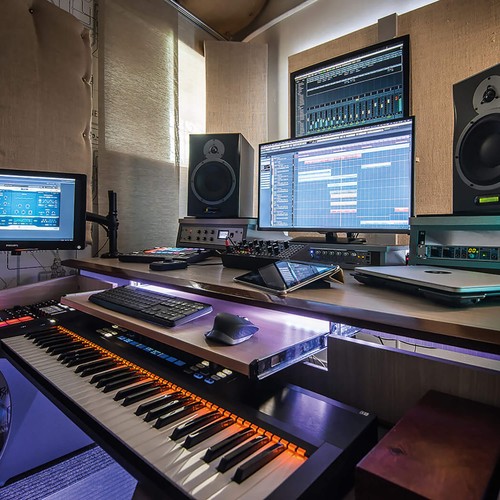

jay
Message TeacherNo upcoming sessions are currently scheduled for this course.
By the end of this course, students will:
1. Understand fundamental concepts of music theory, including scales, chords, harmony, and rhythm.
2. Apply music theory principles to compose original works in various genres such as jazz, world music, and chamber music.
3. Gain an introductory understanding of music production tools and techniques, including digital audio workstations (DAWs).
4. Develop collaborative and performance skills through improvisation and group projects.
5. Explore and analyze different musical styles to broaden their understanding of genre-specific characteristics.
6. Complete a final project that integrates theory, composition, and production skills.